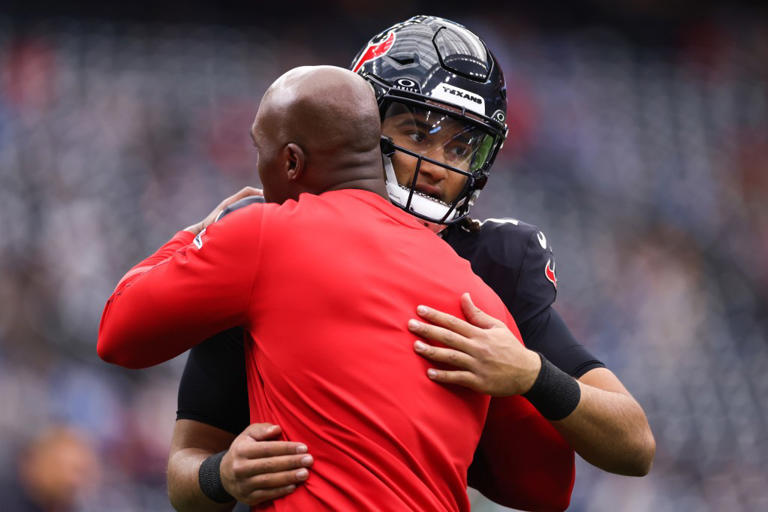
The Sugar Bowl, initially set to take place on Wednesday night, has been postponed due to a tragic attack on Bourbon Street during New Year’s celebrations in New Orleans. The game between Notre Dame and Georgia will now be played at Caesars Superdome on Thursday night, as confirmed by the Orleans Parish District Attorney Jason Williams and the Sugar Bowl organizers.

In the early hours of Wednesday morning, a man drove a pickup truck into a crowd of revelers on Bourbon Street, killing at least 15 people and injuring dozens more. The suspect, identified as 42-year-old Shamsud-Din Jabbar, reportedly exited the vehicle and began shooting at police officers before being fatally shot. Authorities are treating the incident as an act of terrorism.

Both participating universities issued statements expressing their shock and sadness over the violence. The University of Georgia’s statement read:

“We are horrified and saddened by the senseless act of violence that occurred in the early hours of New Year’s Day in New Orleans. University personnel are working to determine if any UGA students, faculty, staff, alumni, or fans were among the victims. We offer our deepest condolences to all those affected.”
Similarly, the University of Notre Dame expressed its grief and solidarity with the victims, as the institutions joined others in mourning the tragedy.
The Caesars Superdome, where the Sugar Bowl is set to take place, underwent thorough security sweeps on Wednesday. ESPN’s Laura Rutledge reported that law enforcement was ensuring the venue’s safety, although a shelter-in-place order remained active in Bourbon Street and its surrounding areas throughout the day.
The attack came in the midst of the College Football Playoff season. Notre Dame advanced to the Sugar Bowl after defeating Indiana in the opening round, while Georgia secured an automatic quarterfinal berth.
The rescheduling of the Sugar Bowl highlights the impact of this devastating event, as authorities continue their investigation into the motivations behind the attack and the broader implications for security in large public gatherings.





